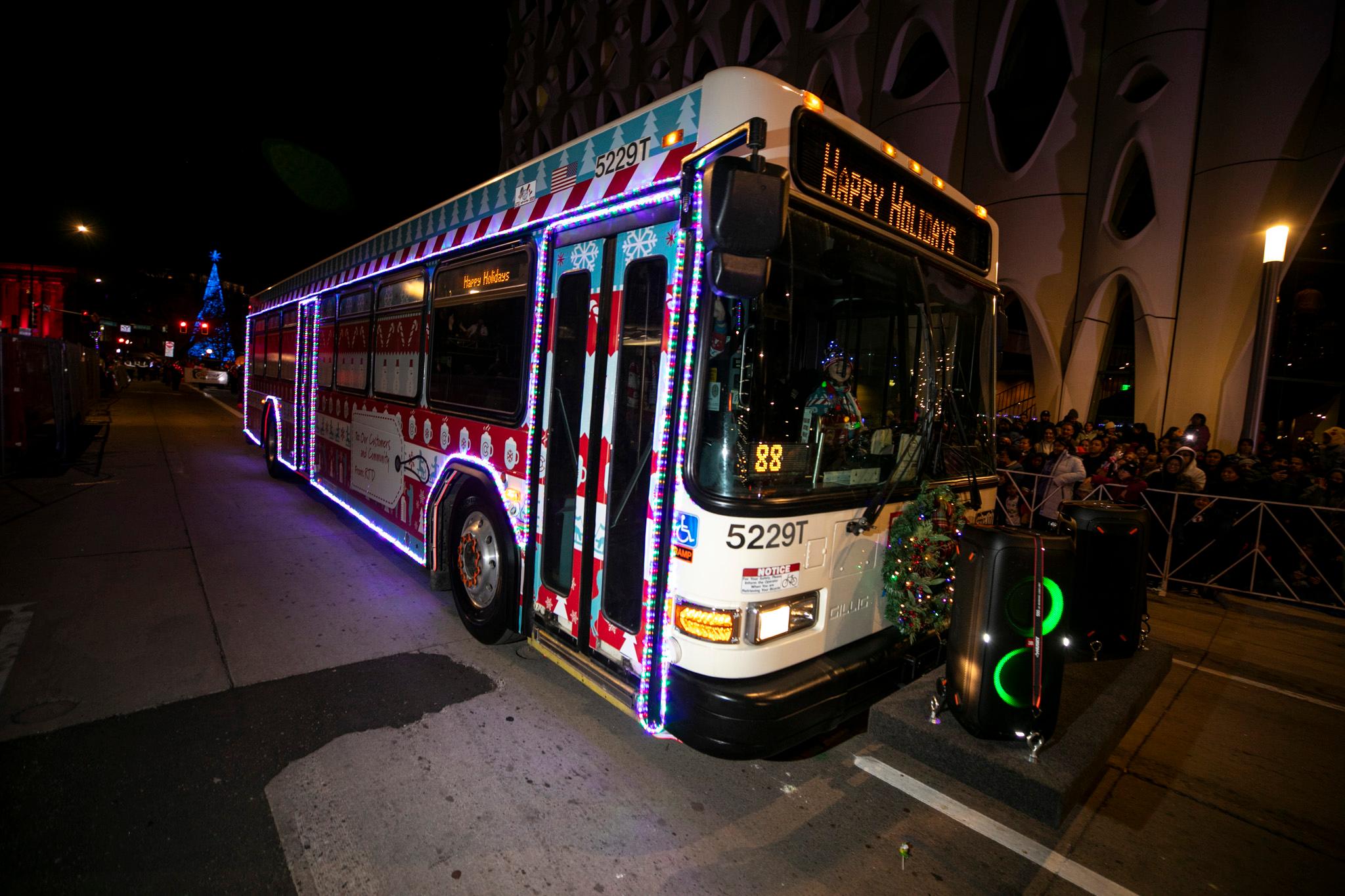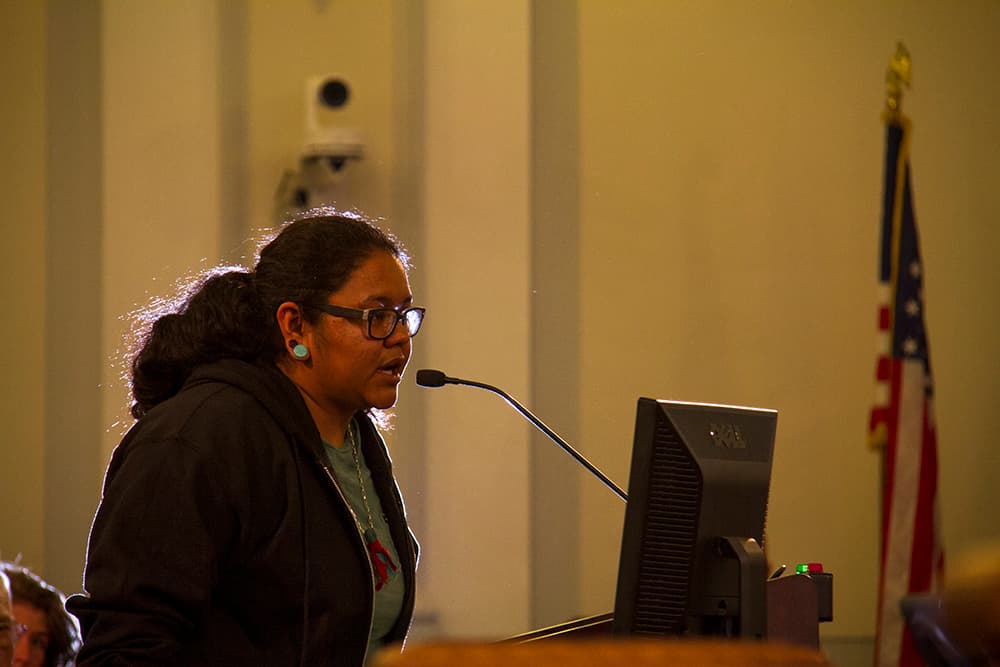
On its face, the ruling from the 10th Circuit of Appeals is not good news for the Democratic electors in Colorado who want to vote for someone other than Hillary Clinton as part of a larger effort to stop Donald Trump from becoming president.
But there are a few paragraphs in the ruling that cast new uncertainty on whether Secretary of State Wayne Williams can simply not count votes that are cast for the "wrong" candidate and point the way for a future constitutional challenge to laws binding electors to the popular vote.
Politico's Kyle Cheney, who has been covering the electors issue in great detail, first reported on this potentially significant piece of the ruling Saturday.
With these kind of turn-of-the-screw stories, it's helpful to go through the background.
Former state senator Polly Baca and math teacher Robert Nemanich had sought an injunction in federal court to stop the state of Colorado and Wayne Williams in particular from enforcing a law that requires electors here to vote for the person who got the most votes.
They are part of a national movement primarily of Democratic electors who want to vote for someone other than Clinton -- perhaps even a Republican -- to encourage Republican electors to not vote for Trump. If 37 Republican electors vote for someone other than Trump, he won't have 270 electoral votes, and the election would go to the U.S. House of Representatives.
An Associated Press survey of electors nationally has not found a widespread appetite for revolt, and Politico reports that Republican Party officials are keeping close tabs on their electors. So this is a very long shot even if some number of Democratic electors follow through on the plan.
U.S. District Court Judge Wiley Daniel denied their request, and in a ruling issued late Friday, the 10th Circuit of Appeals turned down their appeal. So, no injunction, and Colorado can enforce its law.
One of the standards for an injunction is whether the party seeking the injunction has a good chance of prevailing on the merits of their case, which in this case is a claim that Colorado's law binding electors to the popular vote is unconstitutional. Neither Daniel nor the judges on the Court of Appeals seem to think that claim is likely to be successful, so they denied the request for an injunction, though neither ruling represents a definitive finding about the constitutionality of Colorado's law.
So that's one track. The other track is in state court.
In a separate but related case, Williams asked a Denver District Court judge to give him guidance on the logistics of dealing with these potentially non-compliant electors. The electors will gather in the governor's office at noon on Monday, take an oath of office that includes a promise to vote for the person who got the most votes in Colorado and then cast their votes on paper. What, exactly, could and should he do if they don't vote for Clinton?
Judge Elizabeth Starrs sided with Williams that if the electors vote for someone other than Clinton, that can be treated as a "refusal to act," which would allow Williams to remove them from their position. The Democratic Party would then appoint replacement electors who would vote for Clinton. The non-compliant votes would be discarded, and only votes for Clinton would be sent to Congress for the final tally.
Baca and Nemanich appealed this ruling to the Colorado Supreme Court, but the court declined to hear the case, which means the district court ruling stands.
The "faithless electors" are now 0-4 against the state of Colorado in court. But.
Let's look at how the Court of Appeals responded to one of the arguments made by Baca and Nemanich.
Congress has the authority to count the votes of the electors, not the state of Colorado, they argued, and in fact, Congress has counted more than 150 "faithless" votes in the history of the country. However, Colorado's law seems to give the state the power to count the votes and discard or ignore non-compliant votes. Therefore, they argued, Colorado's law is unconstitutional.
The problem with this argument, the Court of Appeals wrote, is that the actual text of Colorado's law doesn't say the Secretary of State's Office can ignore or discard votes. That's just Williams' interpretation of his authority, so it can't be used to argue that the law itself is unconstitutional.
But that leaves open the question of whether Williams can just throw out votes that aren't for Clinton.
"Whether that statute also affords the State with authority to remove an elector after voting has begun is not a question that has been posed by plaintiffs to either the (U.S.) district court or this court," the judges wrote.
And then, more significantly, they wrote a footnote that said, "And we deem such an attempt by the State unlikely in light of the text of the Twelfth Amendment."
But that's exactly what Williams got permission to do from the Denver District Court -- remove electors after voting has begun.
The Twelfth Amendment changed how the vice president was elected and describes how the electoral college works.
So, to be clear, the Court of Appeals has suggested that it MIGHT be unconstitutional to remove electors and discard their votes after they've been sworn in, which is exactly what Williams' office has said it intends to do if any electors don't vote for Clinton.
Jason Wesoky, an attorney for Baca and Nemanich, told Politico he may seek Supreme Court review of the case but not on an emergency basis. That means the issue likely won't be resolved before the electors vote on Monday.
And the electors still face the issue of taking an oath that includes a promise to vote for Clinton. Williams has said he will ask for criminal prosecution if they violate that oath by voting for someone else.
But regardless of what happens on Monday, this ruling might open the door to a more significant challenge to the electoral college system.










